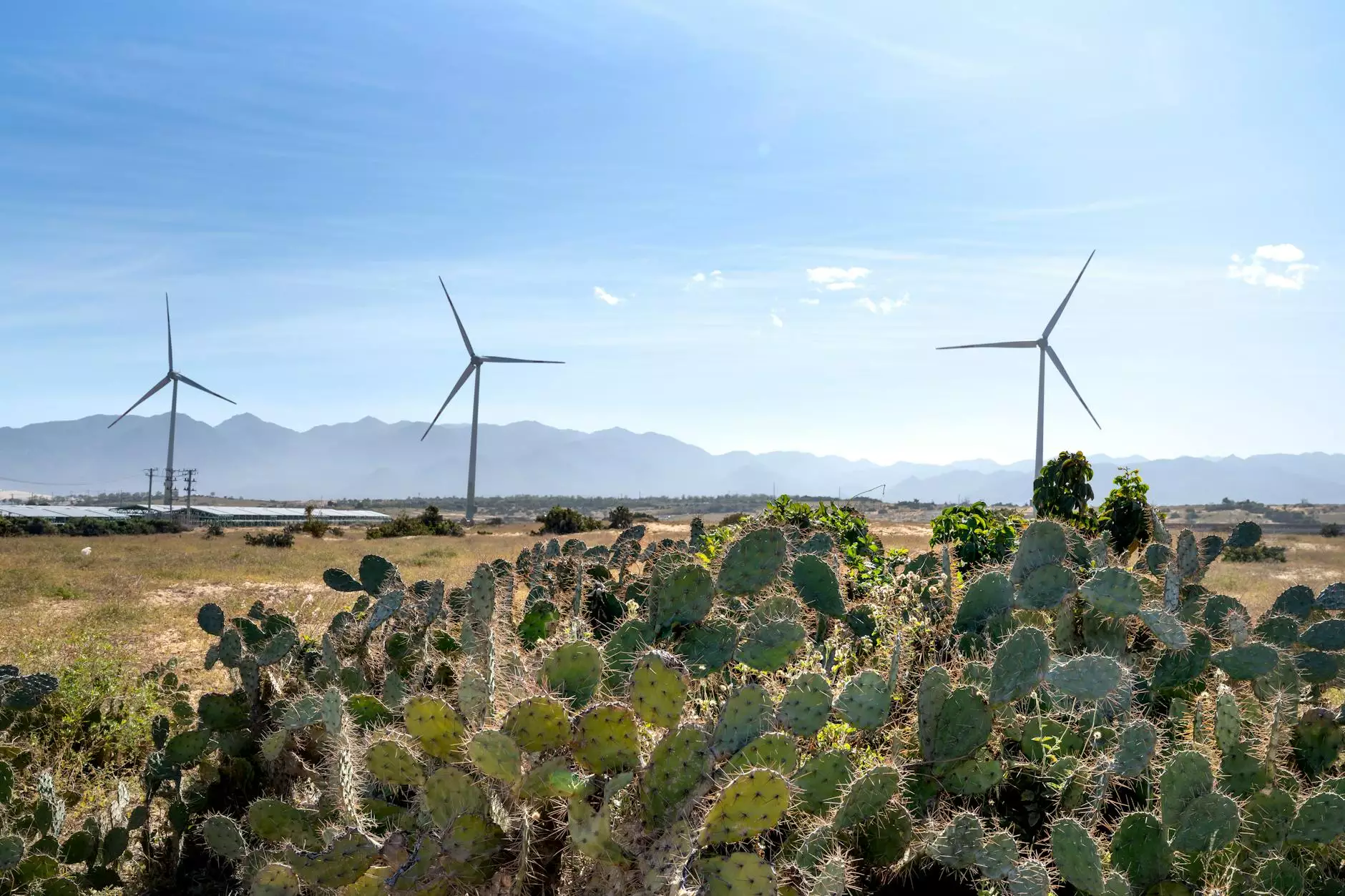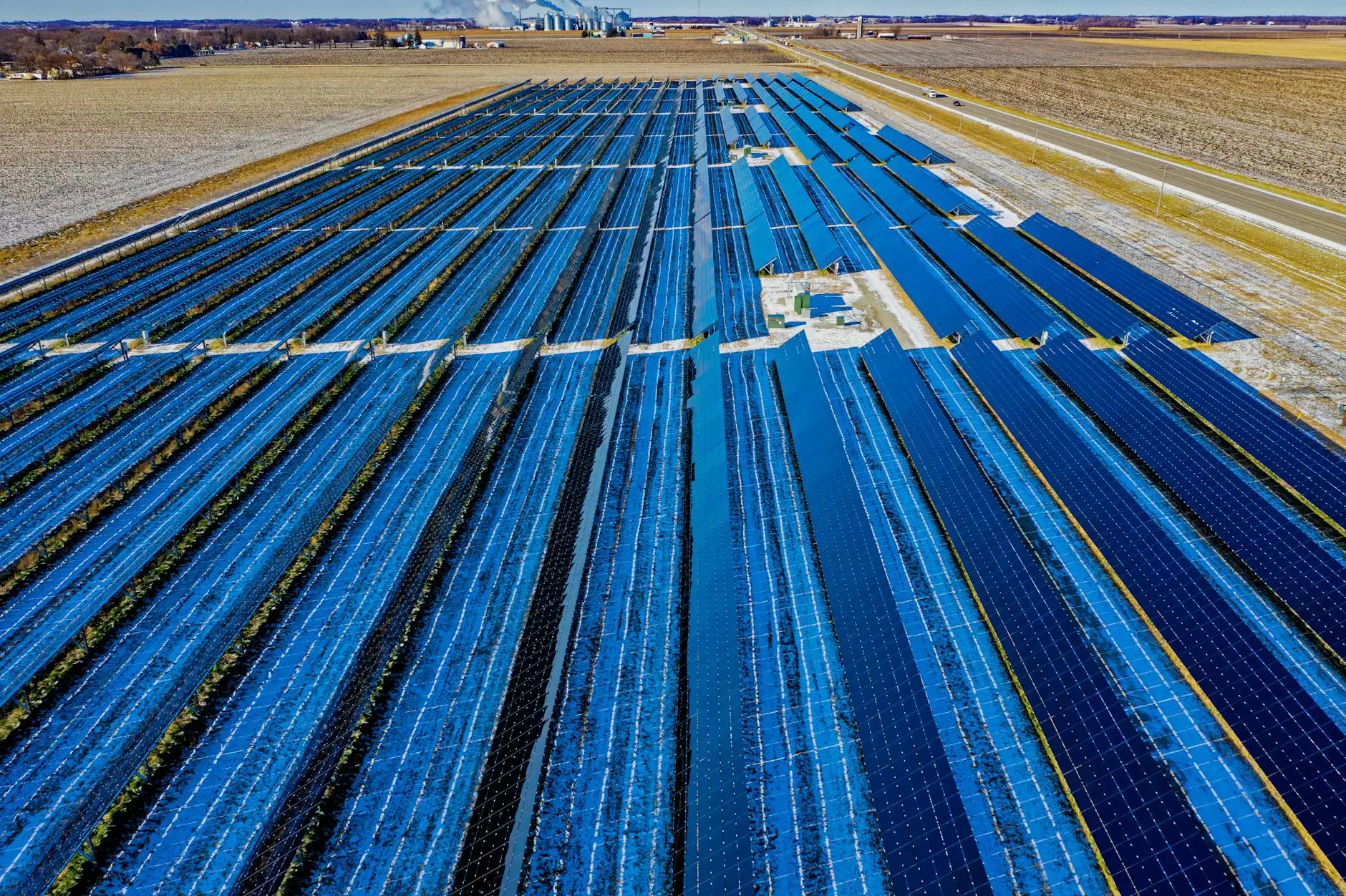The Power of Biomass-Based Power Generation

As the world continues to focus on sustainability and eco-friendly practices, biomass-based power generation emerges as a key player in revolutionizing the energy industry. Using organic materials such as wood, crops, or waste to produce electricity, biomass power plants offer a renewable and environmentally friendly alternative to traditional fossil fuels.
Benefits of Biomass-Based Power Generation
Biomass power generation offers a multitude of benefits that make it a compelling choice for businesses and communities alike. One of the primary advantages is its renewable nature - organic materials used in biomass power plants can be replenished, ensuring a continuous and sustainable source of energy.
Environmental Impact
Unlike fossil fuels, biomass-based power generation produces minimal greenhouse gas emissions, making it a cleaner and greener option for generating electricity. By utilizing organic waste materials that would otherwise be disposed of in landfills, biomass power plants contribute to reducing overall carbon footprints and mitigating climate change effects.
Economic Viability
Investing in biomass power generation can also have positive economic implications. By creating local job opportunities in the production and maintenance of biomass plants, communities can benefit from a boost in employment and economic growth. Additionally, utilizing locally sourced organic materials for power generation can reduce dependence on imported energy sources, leading to greater energy security and stability.
Technological Advances in Biomass Power Plants
Thanks to continuous innovation and technological advancements, biomass power generation has become increasingly efficient and cost-effective. Modern biomass power plants are equipped with state-of-the-art systems that maximize energy output while minimizing operational costs.
Efficiency Enhancements
Innovations such as co-generation, gasification, and combined heat and power (CHP) systems have significantly improved the overall efficiency of biomass power plants. These technologies allow for the simultaneous production of electricity and heat, optimizing energy utilization and reducing waste.
Resource Diversification
Biomass power generation promotes resource diversification by utilizing a wide range of organic materials for energy production. From agricultural residues to forestry waste, biomass plants can effectively convert various feedstocks into electricity, providing a versatile solution for sustainable energy generation.
The Future of Sustainable Energy with Biomass
As the demand for clean and renewable energy sources continues to rise, biomass-based power generation is poised to play a significant role in shaping the future energy landscape. By harnessing the power of organic materials and innovative technologies, biomass power plants offer a sustainable solution that aligns with environmental goals and economic prosperity.
Innovative Applications
Beyond traditional power generation, biomass-based technologies are being explored for additional applications such as biofuels, biogas production, and renewable chemicals. These advancements highlight the versatility and potential of biomass as a valuable resource for meeting diverse energy needs.
Sustainable Development Goals
Incorporating biomass-based power generation into energy portfolios can contribute towards achieving sustainable development goals by promoting clean energy access, fostering economic growth, and reducing environmental impact. By embracing biomass as a renewable energy source, businesses and communities can actively participate in building a more sustainable and resilient future.
Discover the transformative power of biomass-based energy generation at our-power.co.uk. Join us in shaping a greener and more sustainable world through innovative and eco-friendly solutions.
biomass based power generation








